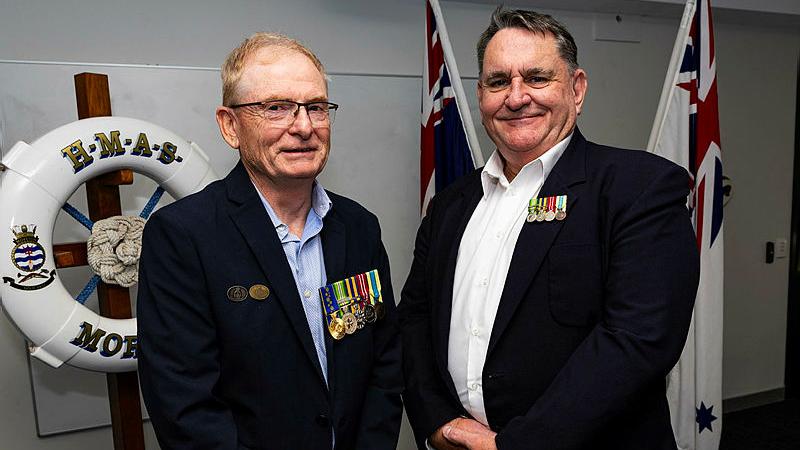To celebrate 2 years of record-breaking waterbird breeding seasons, the Commonwealth Environmental Water Holder has collaborated with numerous photographers to present a stunning photo exhibition.
The exhibition called A Waterbird Breeding Spectacular: An Exhibition of Waterbird Photography will be on display at the Condobolin Community Centre in March.
Commonwealth Environmental Water Holder Dr Simon Banks said the waterbird photos were an outstanding collection of images of large-scale waterbird breeding at wetlands across NSW.
“Many of these wetlands are not accessible to the public so the exhibition provides an invaluable insight into these important bird species,” he said.
“These places are special – some of them recognised internationally – and we feel very privileged getting out into these wetlands to witness the waterbird breeding. We wanted to share what it’s like to be amongst the chaos and sheer scale of waterbird breeding in various Murray-Darling Basin wetlands.
“As well as showcasing some of the spectacular scenery the exhibit includes an educational component, portraying the various life stages of various birds and how water for the environment is used to support large-scale waterbird breeding.”
With the long-term trend of declining waterbird populations across the Murray-Darling Basin due to the loss of wetland habitats and decline in river flows, Dr Banks said it’s important to lock in the gains we’ve seen over the past couple of years.
Commonwealth Environmental Water Local Engagement Officer Michele Groat said it’s been an incredible few years for waterbird breeding because of all the water that has been around for the past two or so years.
“The bird breeding in the Lachlan last year was particularly amazing with over 100,000 ibis nests counted at Booligal wetlands and around 49,000 pelican nests at Lake Brewster. As well as ibis and pelicans, there were large numbers of spoonbills, egrets, herons and other water dependent birds like cormorants, ducks, magpie geese and grebes making the most of the favourable conditions to breed,” she said.
“While water for the environment doesn’t trigger these mass bird-breeding events, it often plays a critical role supporting them.”
“Environmental water managers monitor waterbird breeding and work closely with our partners to use water for the environment to hold water levels stable or to improve water quality so waterbirds have the best chance of survival. If water levels drop too quickly, it can lead to adult birds abandoning their nests or exposing eggs and chicks to predators like foxes and pigs. We also use water for the environment to ensure there is plenty of food and suitable habitat for young birds.”
The exhibition is also showcasing several photos taken by Condobolin’s very own Warren Chad an avid bird watcher who does much of the bird survey work for the NSW Water for the Environment in the Lachlan.
Warren and other contributors Mal Carnegie from the Lake Cowal Foundation and Adam Kerezsy, will be at the official opening night, put on by the Lachlan Arts Council on Thursday 14 March from 6pm to 8pm, to answer questions and talk about their work in the Lachlan catchment.
The exhibition will be on display from 11 – 21 March at:
Condobolin Community Centre
Cnr of Bathurst St & Dennison St
Condobolin, NSW Australia
The opening hours are:
- Wednesday 13 March: 11am – 3pm
- Friday 15 March: 11am – 3pm
- Saturday 16 March: 11am – 3pm
- Between 11 and 21 March attend by appointment:
- phone Heather, Lachlan Arts Council, on 0487 352 983






